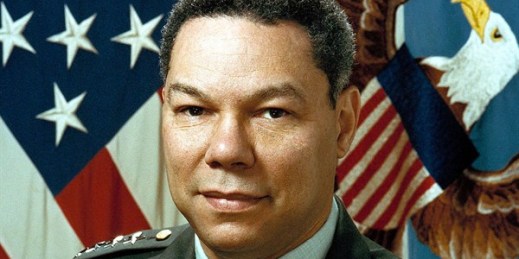
Upon taking office in January 2009, in addition to inheriting ongoing wars in Iraq and Afghanistan, President Barack Obama also inherited twin nuclear crises with North Korea and Iran. North Korea conducted its second nuclear test in May 2009, while Iran continues to flout U.N. Security Council resolutions requiring the suspension of its uranium enrichment program, which the United States and other countries believe is central to Tehran’s clandestine effort to acquire nuclear weapons. The nuclear crises are playing out against the backdrop of potentially significant societal developments in both countries. In North Korea, a stroke reportedly suffered by Kim […]



